How North Korea dodges sanctions using wigs and eyelashes
Booming trade with China is allowing Pyongyang to use foreign currency to advance its nuclear programme
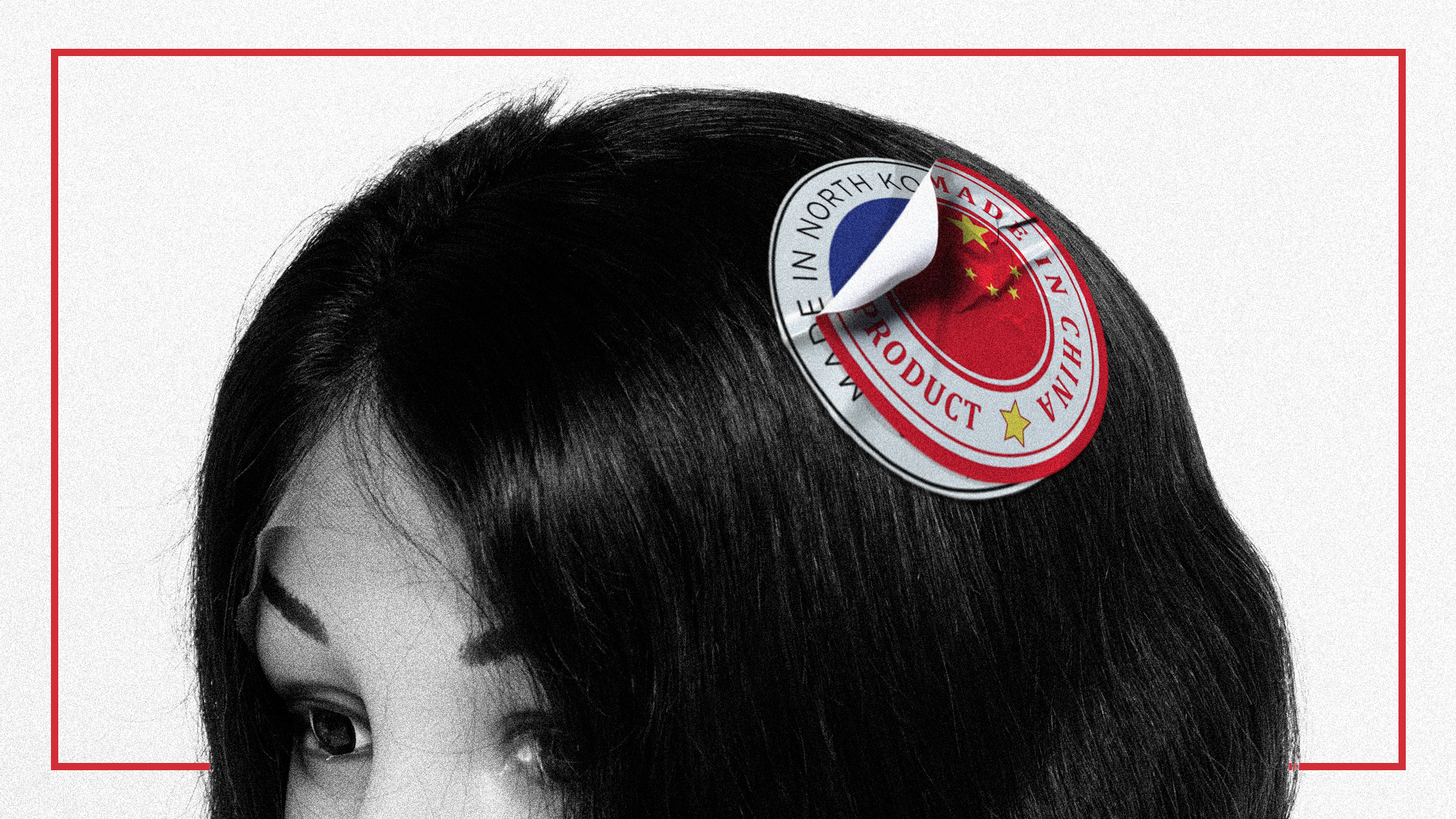
A free daily email with the biggest news stories of the day – and the best features from TheWeek.com
You are now subscribed
Your newsletter sign-up was successful
Although they "almost certainly don't know it", Western owners of "shiny new wigs and false eyelashes could owe their look to North Korean slave labour".
By purchasing these products, said The Guardian, Western customers could also be inadvertently helping Pyongyang "skirt the impact of sanctions".
'Skirting sanctions'
According to Chinese customs data, last year's exports from North Korea to China included 1,680 tonnes of false eyelashes, beards and wigs worth around $167 million.
The Week
Escape your echo chamber. Get the facts behind the news, plus analysis from multiple perspectives.

Sign up for The Week's Free Newsletters
From our morning news briefing to a weekly Good News Newsletter, get the best of The Week delivered directly to your inbox.
From our morning news briefing to a weekly Good News Newsletter, get the best of The Week delivered directly to your inbox.
This haul, which The Guardian said adds up to about "135 double decker buses worth", made up 60% of North Korea's declared exports to China, as trade bounced back after Covid lockdowns.
After speaking to 20 people, Reuters uncovered a lucrative arrangement in which China-based firms import semi-finished products from North Korea, which are then completed and packaged as Chinese, before being exported to markets including the West, Japan and South Korea.
Shoppers in London and Seoul "perusing hairpieces and other accoutrements" will find labels telling them the items were made in China, not North Korea, said The Guardian.
Those "made in China" labels give Kim Jong Un's Pyongyang regime a way to "skirt international sanctions", said Reuters, providing a "vital source of foreign currency".
A free daily email with the biggest news stories of the day – and the best features from TheWeek.com
'Labour camps'
Since 2006, the UN Security Council has "sought to stall" Kim's nuclear weapons programme through several sanctions resolutions that restrict North Korea's ability to trade products such as coal, textiles and oil.
The sanctions are supposed to be enforced by UN member states but there is no direct ban on hair products. So trading false eyelashes from North Korea does not necessarily violate international law, three experts said.
But speaking to VOA, Troy Stangarone, senior director at Korea Economic Institute, said that "any efforts" by Chinese firms to "directly or indirectly" export these goods to the United States would be a "violation of US sanctions". Nevertheless, he added, there is still a good chance that those items could end up in the US.
From Beijing's perspective, importing eyelash materials from North Korea makes sense because of the country's "low cost of labour and high-quality eyelashes", said the New York Post. North Korean workers can be paid a tenth of what Chinese equivalents receive for the same service and their products are highly rated in the sector.
Professor Mimura Mitsuhiro, from the University of Niigata Prefecture, told The Straits Times that North Korea is in "a very bad economic depression", so it desperately needs foreign currency to buy oil and staples to support its people.
But although the sales are generating significant sums, the US State Department estimates that North Korea seizes up to 90% of foreign income generated by its citizens.
So "we have to assume" that the "millions of dollars" that North Korea is making through this trade is being used for the Kim Jong Un regime", Seoul-based sanctions lawyer Shin Tong-chan told Reuters.
According to a paper by a think tank funded by the South Korean government, there are wig and fake eyelash-making departments at labour correction camps, where "mostly female prisoners perform the task without receiving any wages", said The Straits Times.
The two nations insist their trade is legal and any suggestion that it violates UN sanctions is "completely without foundation". A spokesperson for the Chinese Foreign Ministry said Beijing and Pyongyang "are friendly neighbours" and that "normal cooperation" between the two countries that is "lawful and compliant" should "not be exaggerated".
Chas Newkey-Burden has been part of The Week Digital team for more than a decade and a journalist for 25 years, starting out on the irreverent football weekly 90 Minutes, before moving to lifestyle magazines Loaded and Attitude. He was a columnist for The Big Issue and landed a world exclusive with David Beckham that became the weekly magazine’s bestselling issue. He now writes regularly for The Guardian, The Telegraph, The Independent, Metro, FourFourTwo and the i new site. He is also the author of a number of non-fiction books.
-
 Should the EU and UK join Trump’s board of peace?
Should the EU and UK join Trump’s board of peace?Today's Big Question After rushing to praise the initiative European leaders are now alarmed
-
 Antonia Romeo and Whitehall’s women problem
Antonia Romeo and Whitehall’s women problemThe Explainer Before her appointment as cabinet secretary, commentators said hostile briefings and vetting concerns were evidence of ‘sexist, misogynistic culture’ in No. 10
-
 Local elections 2026: where are they and who is expected to win?
Local elections 2026: where are they and who is expected to win?The Explainer Labour is braced for heavy losses and U-turn on postponing some council elections hasn’t helped the party’s prospects
-
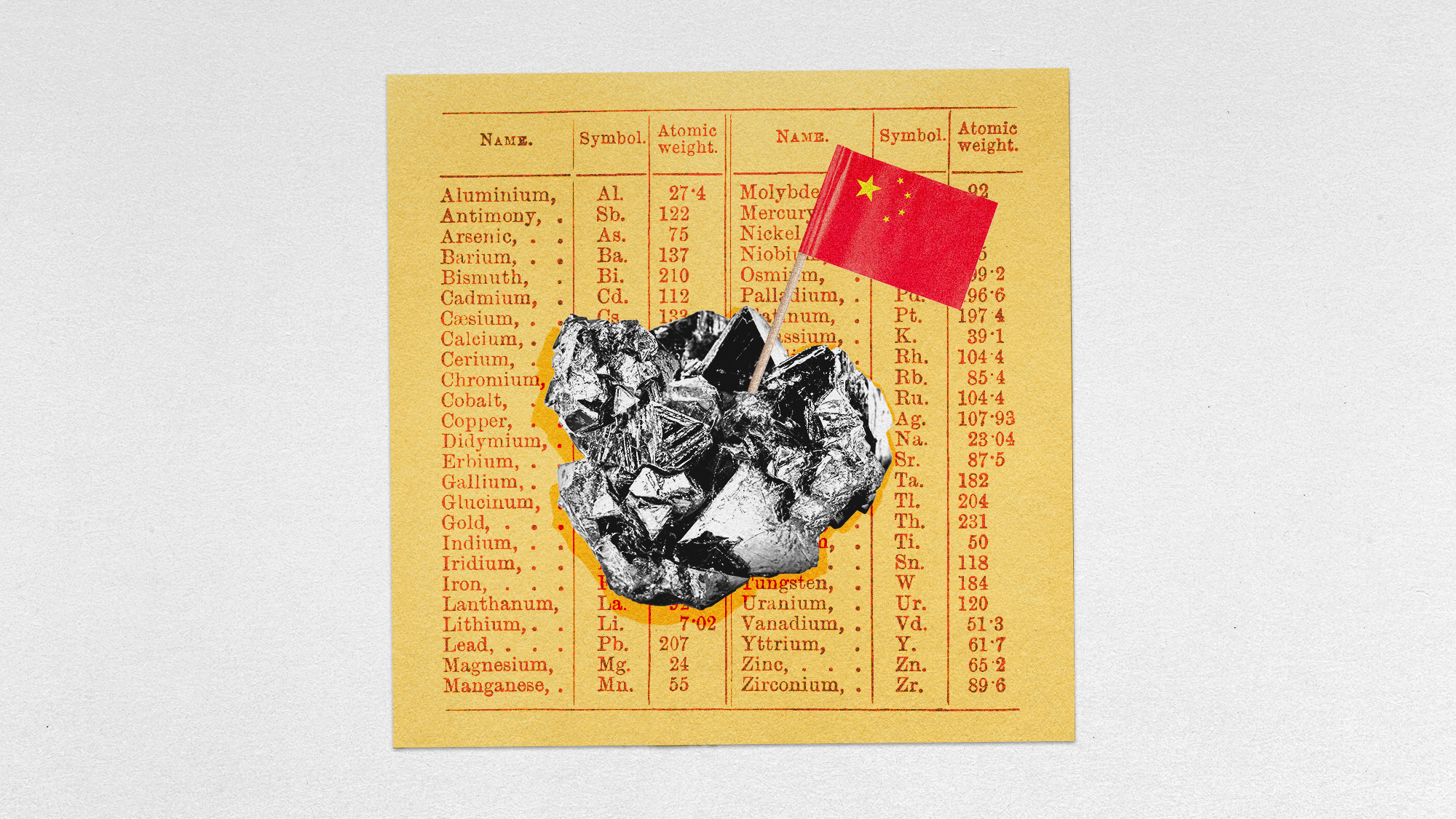 China’s rare earth controls
China’s rare earth controlsThe Explainer Beijing has shocked Washington with export restrictions on minerals used in most electronics
-
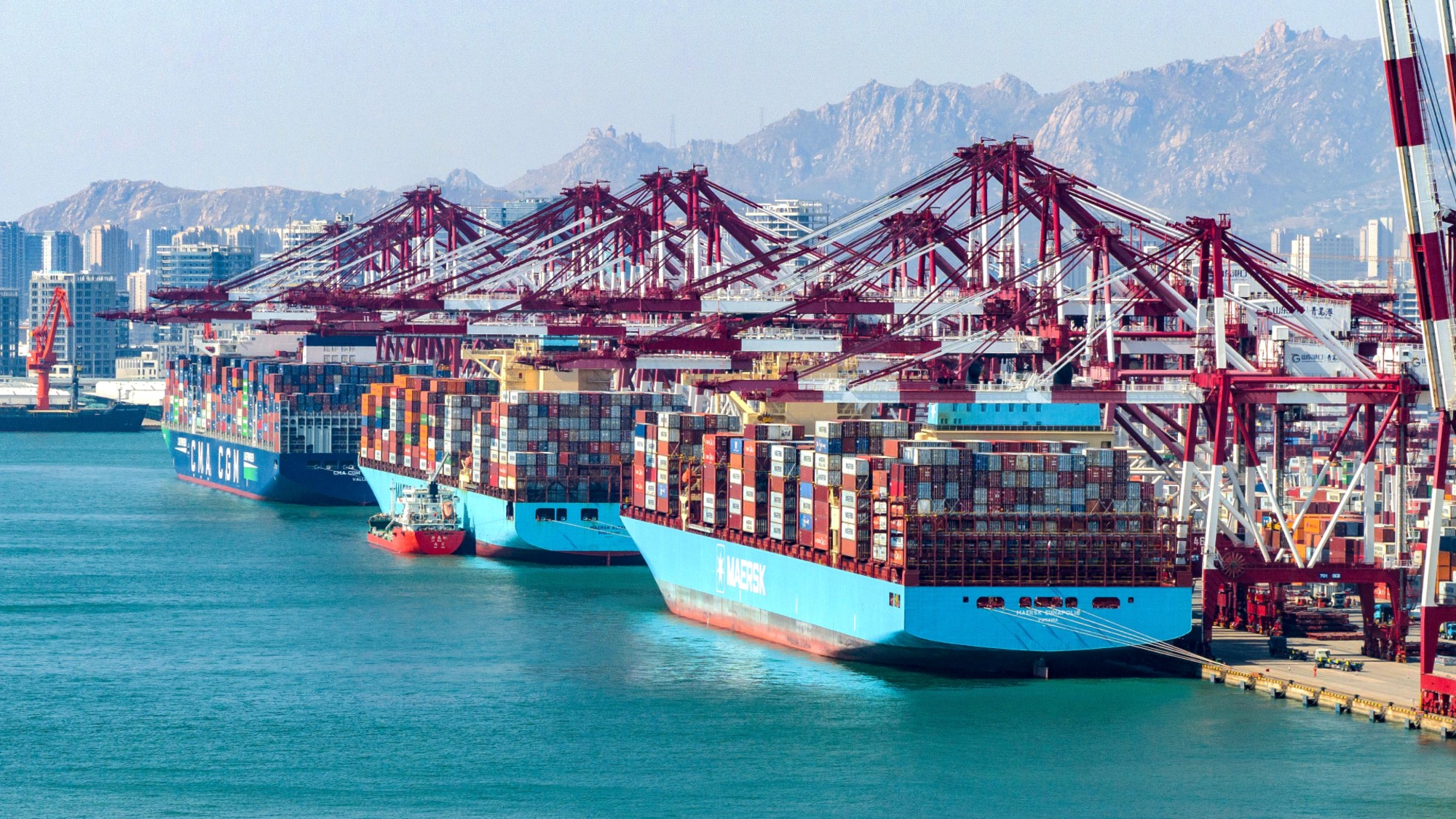 'Tariff stacking' is creating problems for businesses
'Tariff stacking' is creating problems for businessesThe Explainer Imports from China are the most heavily affected
-
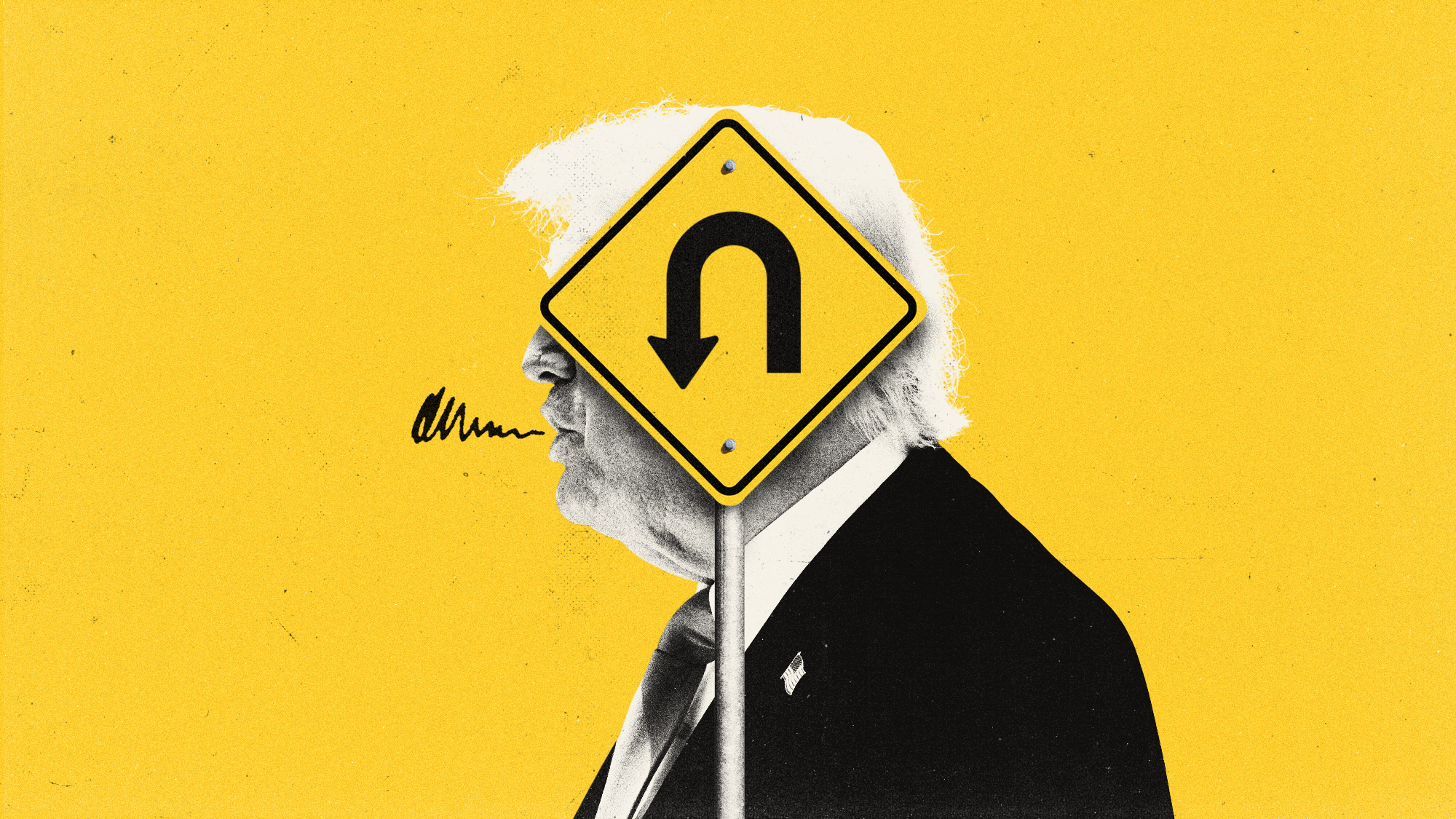 Trump vs. China: another tariff U-turn?
Trump vs. China: another tariff U-turn?Today's Big Question Washington and Beijing make huge tariff cuts, as both sides seek 'exit ramp' from escalating trade war
-
 Pet cloning booms in China
Pet cloning booms in ChinaUnder The Radar As Chinese pet ownership surges, more people are paying to replicate their beloved dead cat or dog
-
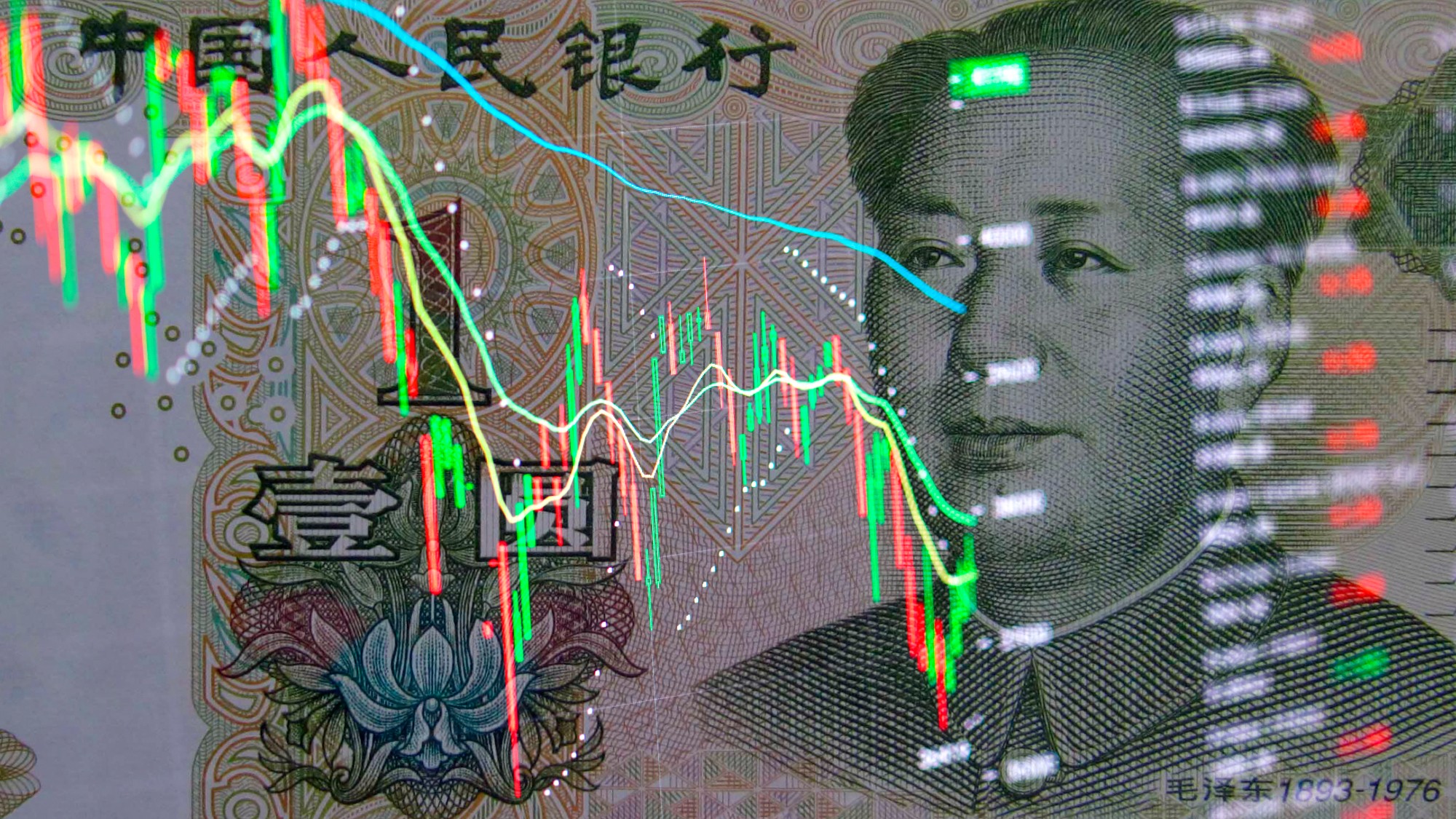 A new stimulus might (or might not) jump-start China's economy
A new stimulus might (or might not) jump-start China's economyTalking Points Fears of social instability drive rate cuts
-
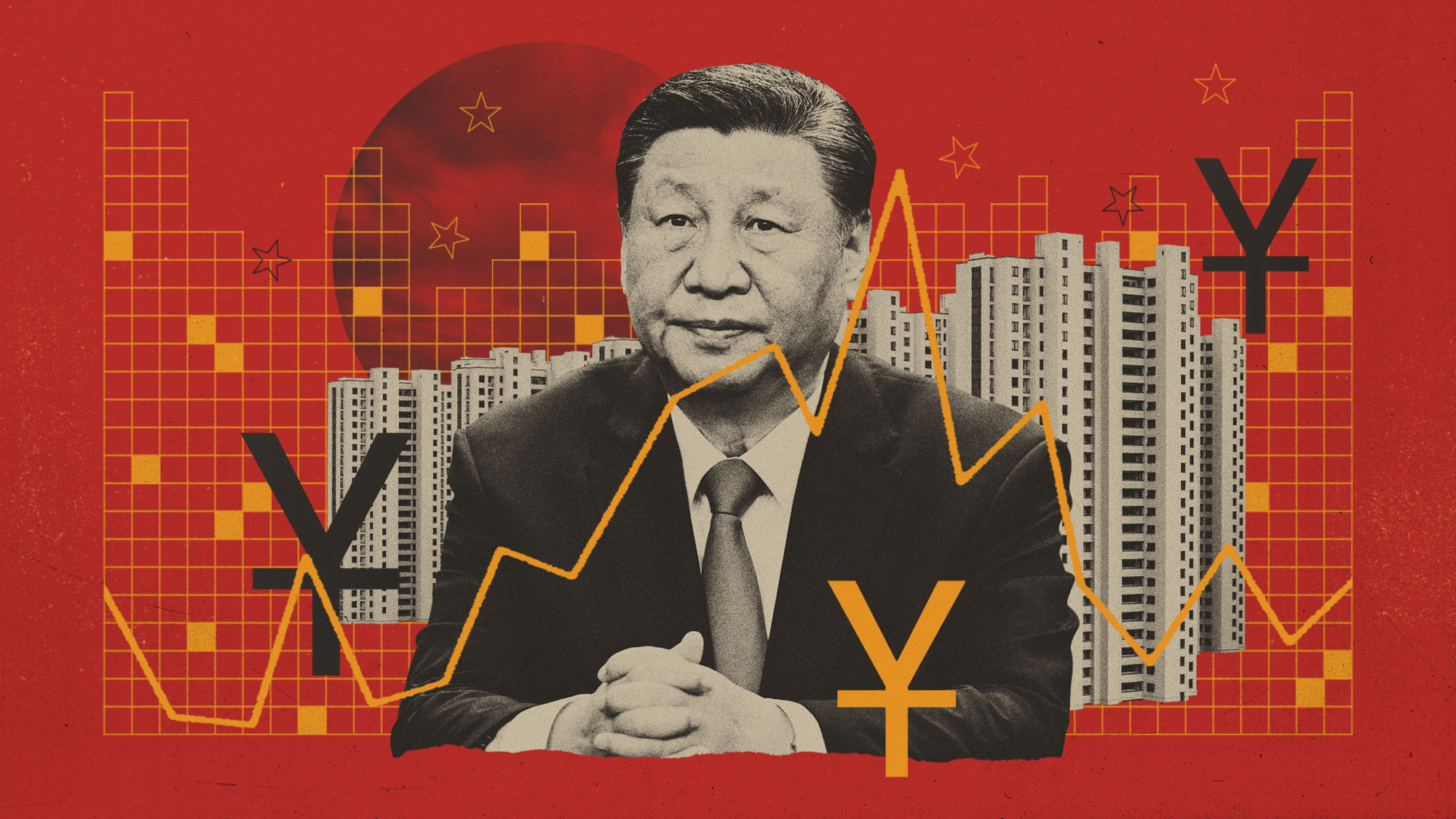 Why can't China turn its economy around?
Why can't China turn its economy around?Today's Big Question The post-pandemic crisis puts pressure on Communist Party leaders
-
 How did Starbucks 'fall from grace'?
How did Starbucks 'fall from grace'?The Explainer The coffee giant faces lower quarterly sales. Is it the economy, or have the drinks grown stale?
-
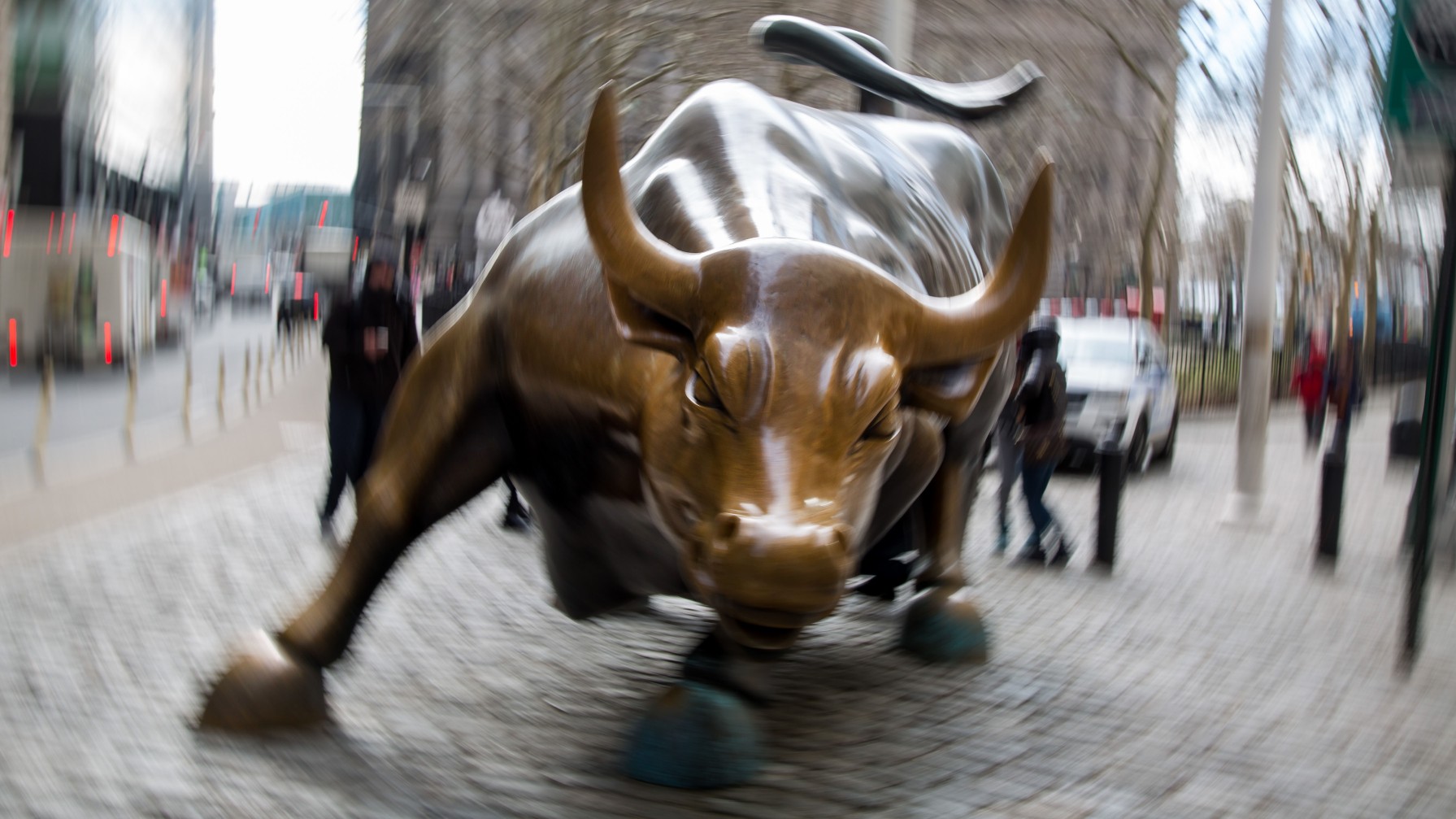 How the world economy learned to live with the drama
How the world economy learned to live with the dramaUnder the Radar As economists predict a 'soft landing' after recent crises, is the global economy now 'oblivious to the new world disorder'?